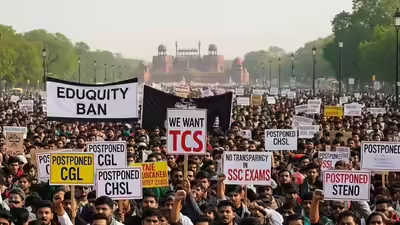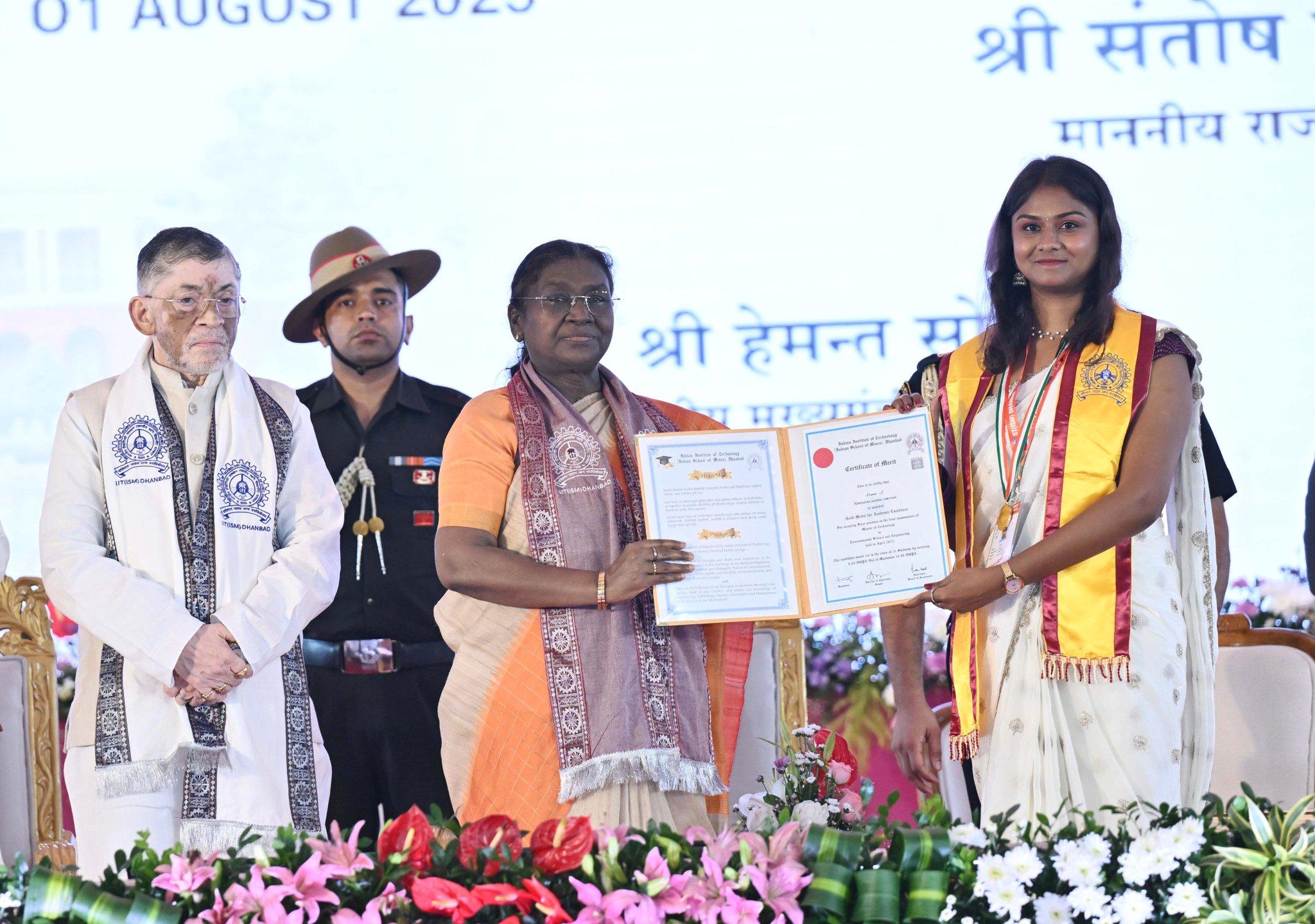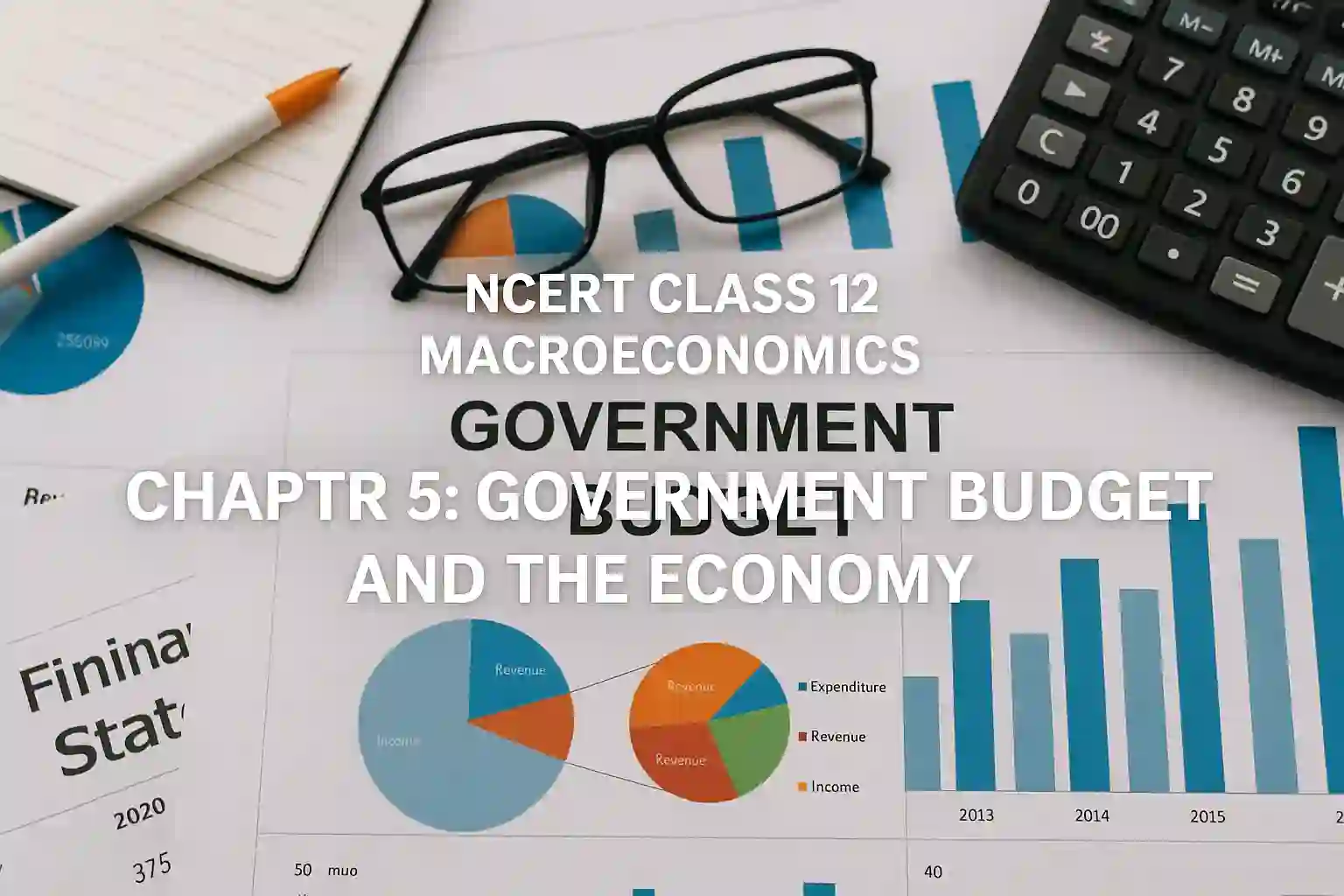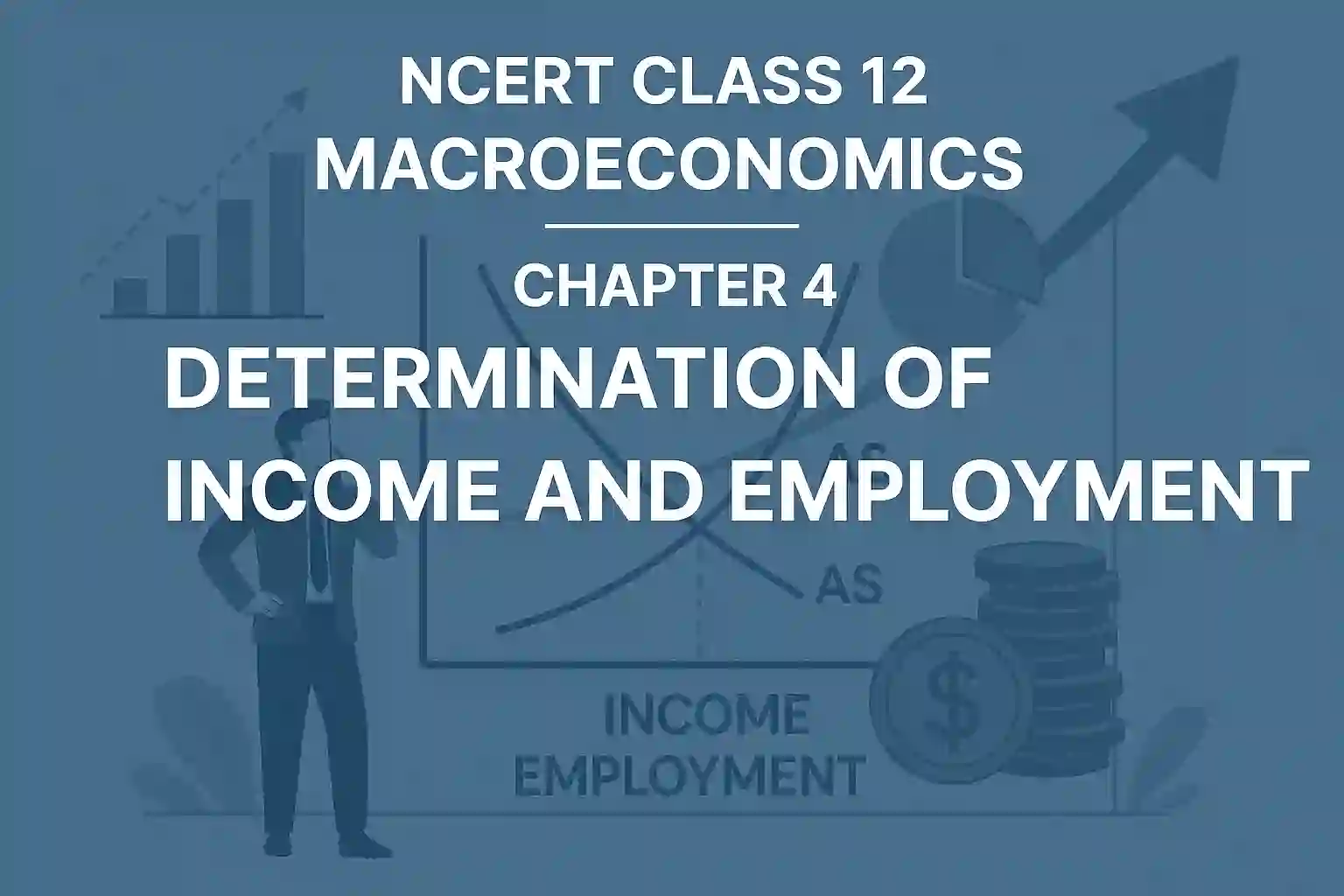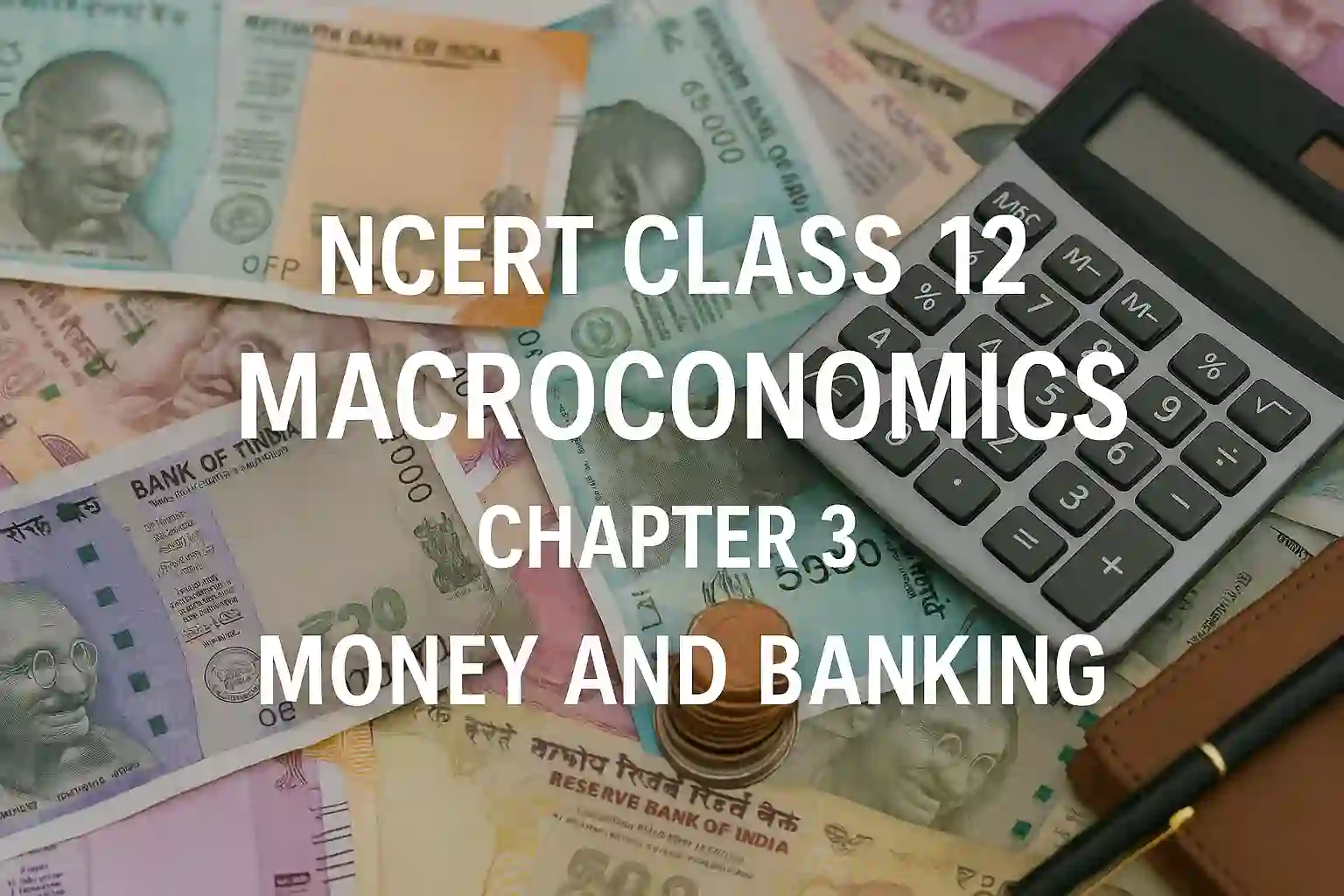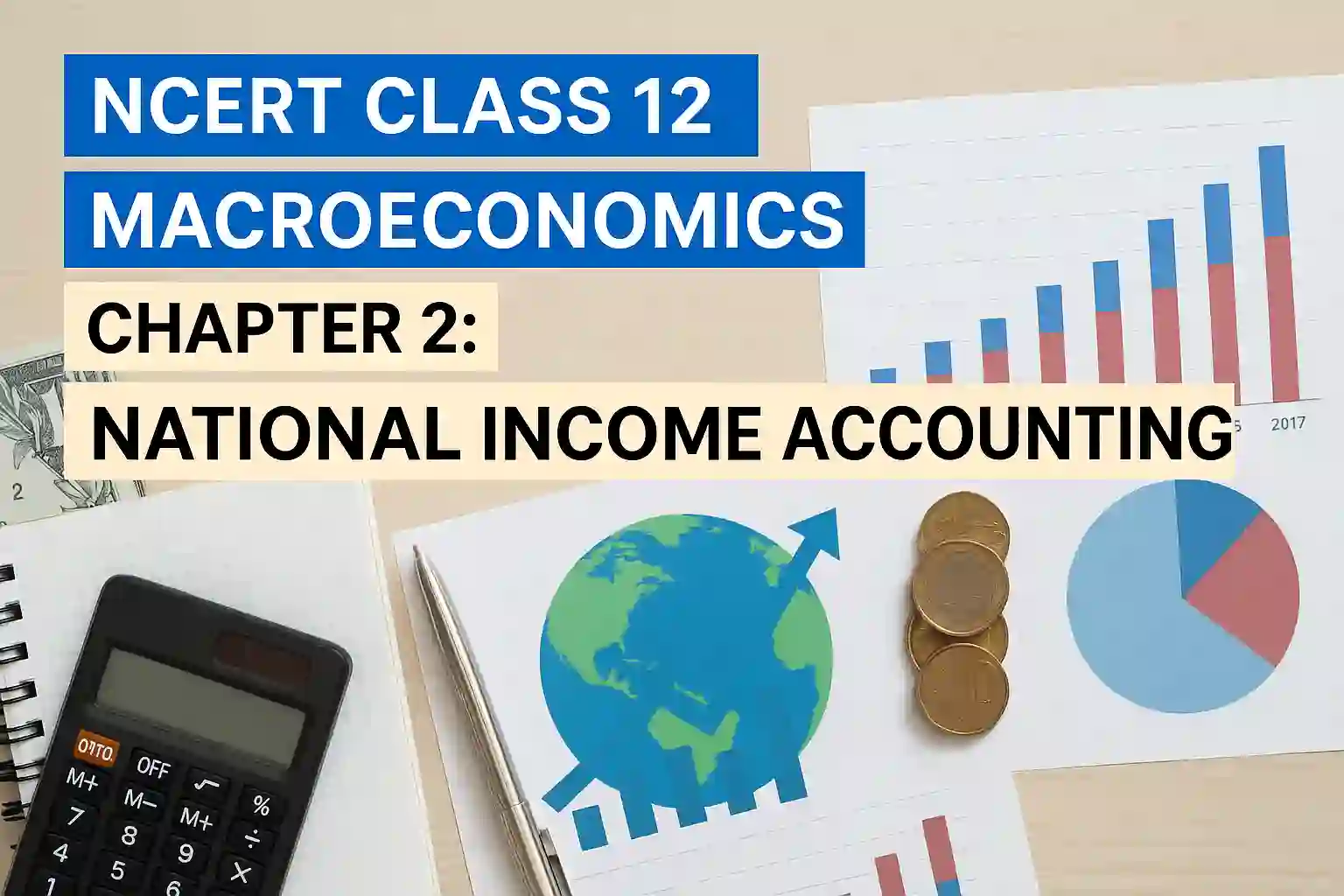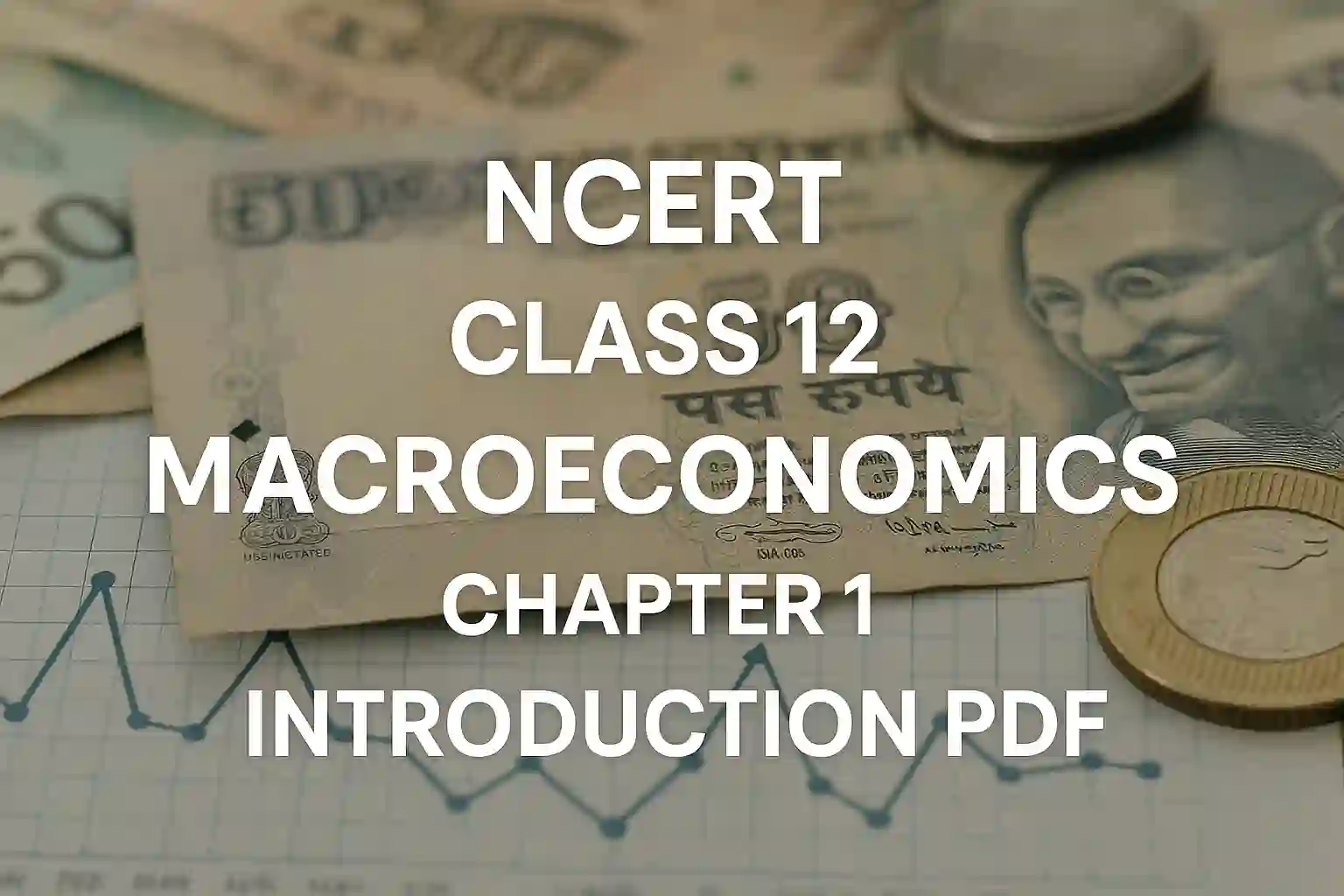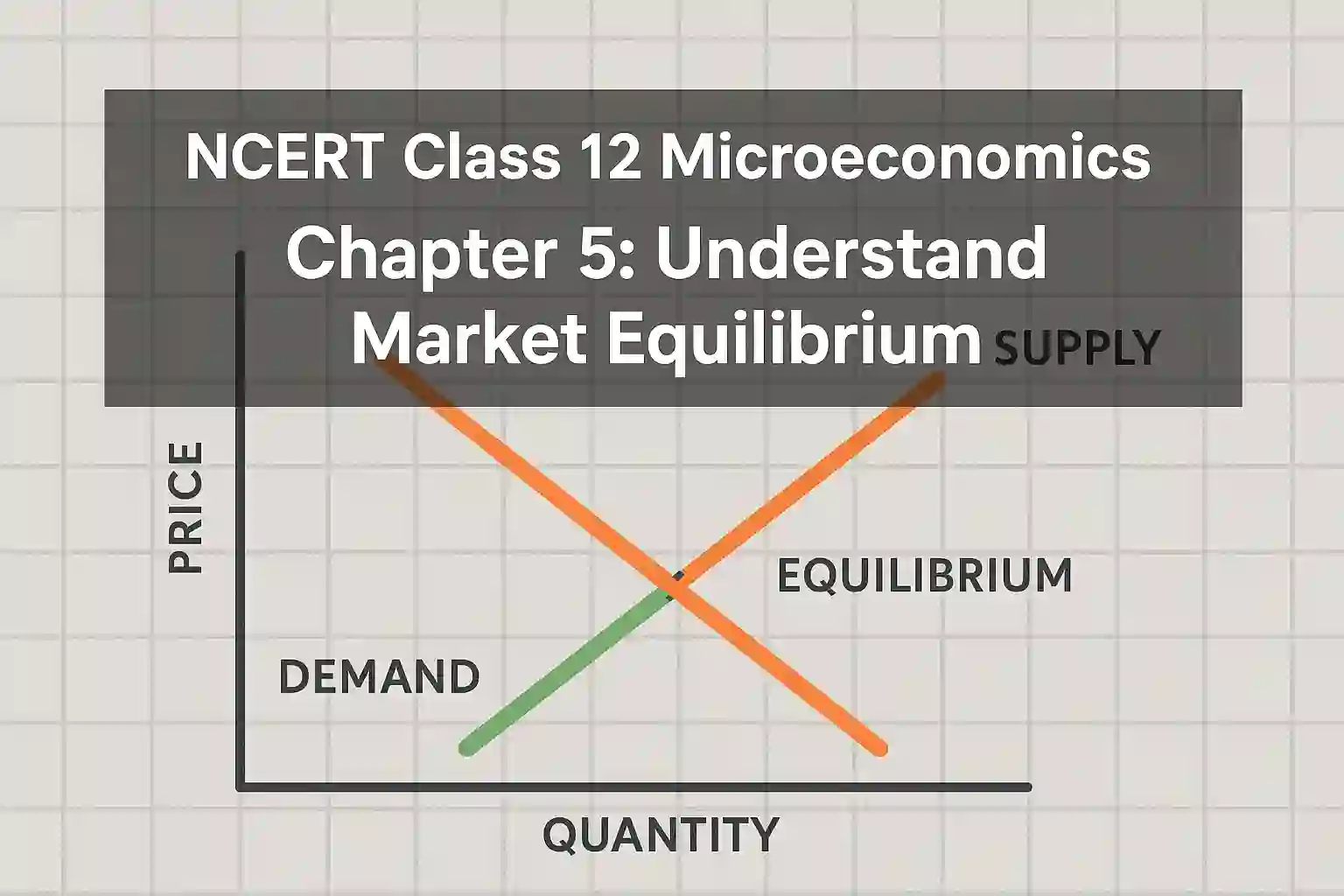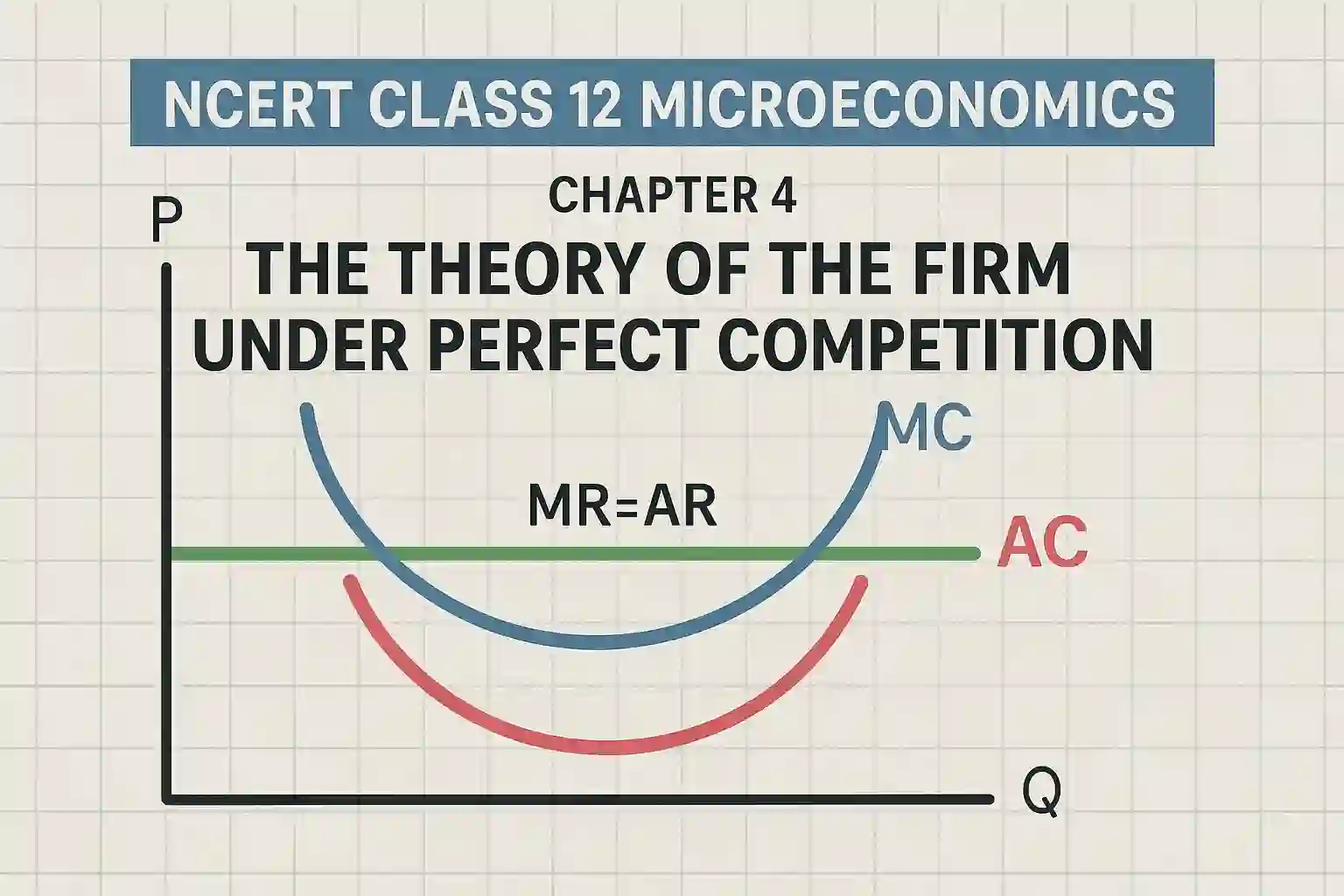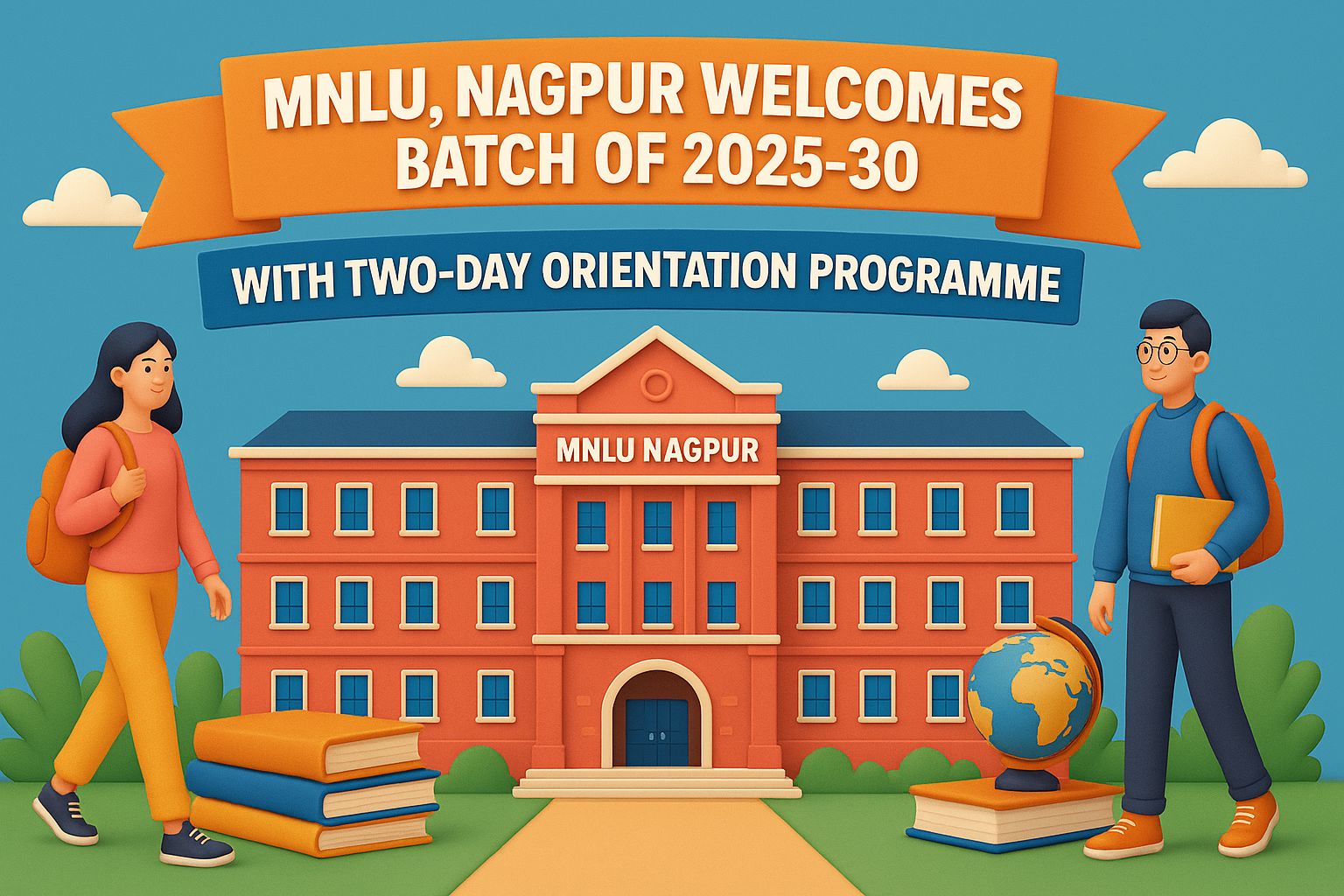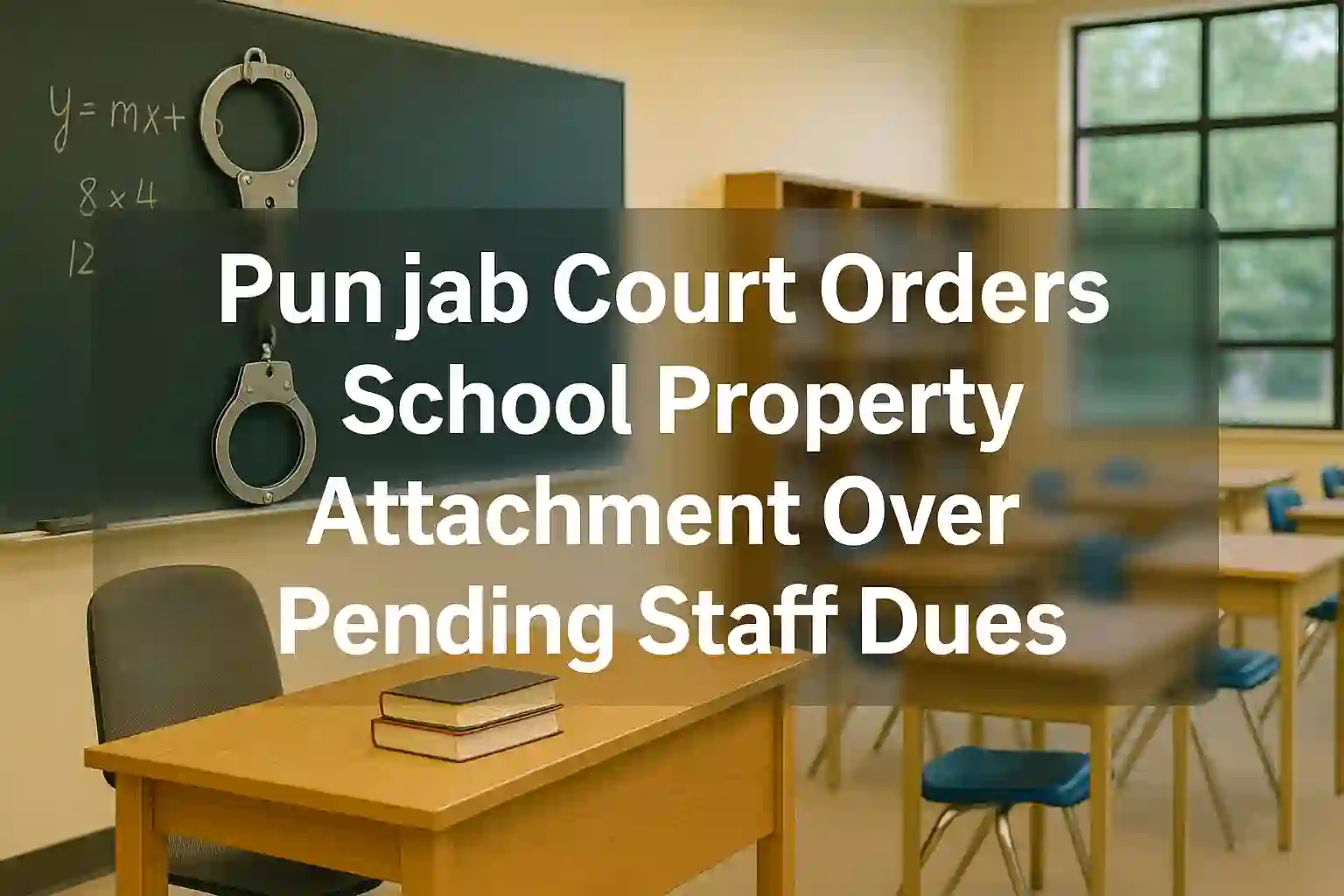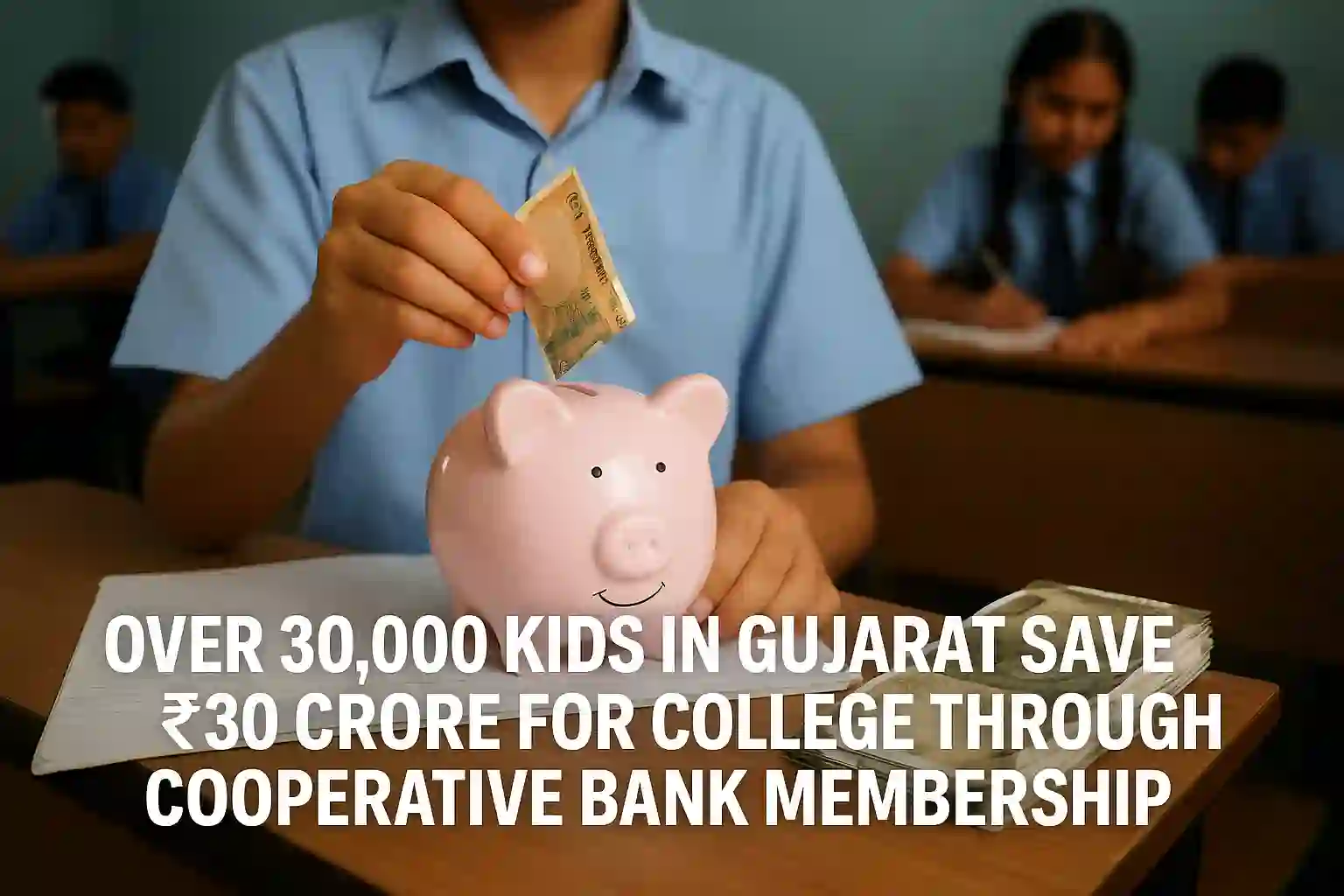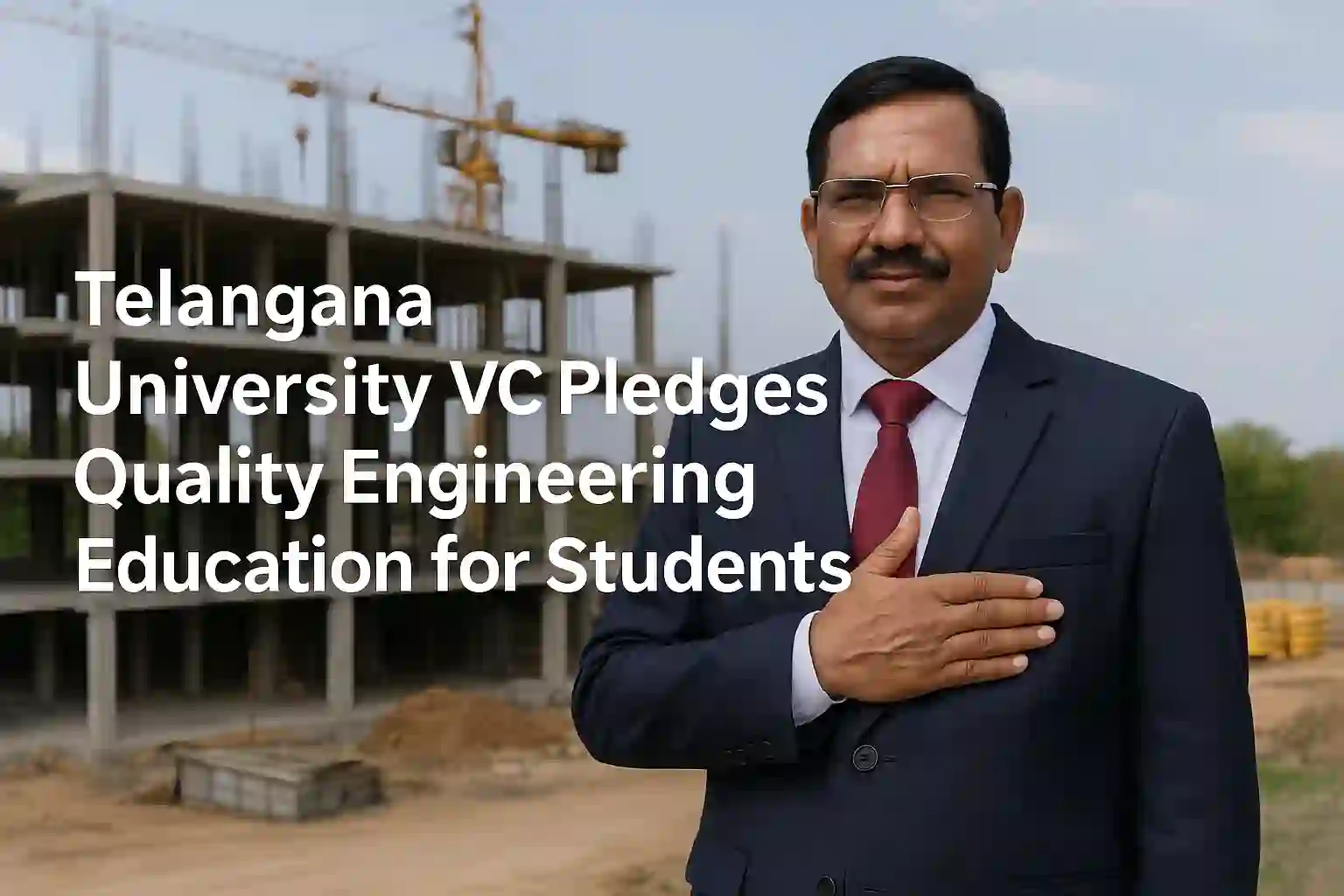In recent years, college and university enrolments in India have skyrocketed. Everyone wants a degree, hoping it will open the door to a better life. But even with more graduates every year, job opportunities haven’t kept pace. Many degree holders are ending up unemployed, underpaid or stuck in jobs unrelated to what they studied. The situation raises a tough but important question: Is higher education still a worthwhile investment?
I wanted to write about this topic because it directly affects millions of students and families across India. We’ve grown up believing that education is the path to upward mobility. But when jobs are not enough to match the number of graduates, and private colleges keep charging lakhs in fees, something feels off. This isn’t just about the education system—it’s about fairness, opportunity and the growing gap between the rich and the poor. It’s time we looked at higher education not just as a tradition or expectation, but as something that needs serious rethinking.
More Degrees, Fewer Jobs
India has seen a sharp increase in college enrolment over the past two decades. According to the All India Survey on Higher Education (AISHE), gross enrolment ratio (GER) in higher education reached 28.4% in recent years. That means more than one in four Indians in the eligible age group is pursuing higher studies.
But here’s the problem: the job market hasn’t kept up. Even with a degree, many graduates—especially from arts, commerce and even engineering backgrounds—struggle to find decent employment. A 2024 report from the Centre for Monitoring Indian Economy (CMIE) showed that graduates now face higher unemployment rates than those who stopped studying after school.
Why Are Jobs Not Growing?
There are many reasons behind this mismatch:
- Industry doesn’t need so many general graduates. Many sectors are shifting towards automation and AI-based roles, where traditional degrees aren’t enough.
- Skill gap. A large number of students come out of college with outdated syllabi and poor practical exposure.
- Too many private colleges, not enough quality. Many private institutions focus more on fees and admissions than on education quality.
So while education levels are going up on paper, job-readiness is not.
Rising Costs and Family Burden
Let’s also talk money. Higher education is expensive, especially in private institutions. Engineering, medical, and management degrees can cost anywhere from ₹3 to ₹20 lakh or more. Even basic arts or science courses in urban colleges can cost ₹50,000 to ₹1 lakh a year.
This financial burden is often too much for middle- and lower-income families. Many take loans, sell jewellery, or cut corners on other essentials just to fund their child’s degree. And when the graduate is unable to get a stable job, it creates both financial and emotional stress for the entire family.
Inequality is Getting Worse
This is where things get even more worrying. While rich students often have access to better colleges, coaching classes, and even connections to get jobs or internships, students from rural or marginalised backgrounds are left behind.
What’s worse is that even when SC/ST and OBC students manage to enter college due to reservations, they still face barriers inside classrooms—be it language, lack of mentorship, or outright discrimination. So higher education, which is supposed to reduce inequality, is sometimes deepening it.
A student from a well-off urban family may have a degree and a job. A student from a Dalit or tribal background may have the same degree but no job, no network, and no confidence left.
What’s the Way Forward?
So, is higher education still worth it? The answer is not a simple yes or no. It depends on what course you’re doing, where you’re doing it from, and what kind of support system you have.
But one thing is clear—just pushing more people into college without fixing the job market, syllabus, and social barriers isn’t the solution.
Here’s what needs to change:
- Colleges must focus on skill-based, practical education instead of rote learning
- Industry and government must work together to expand job opportunities in new sectors like green energy, digital economy and healthcare
- Affordable education must be a priority—education loans can’t be the only option for poor students
- Support for marginalised students must go beyond reservations—including mentorship, language help, and anti-discrimination enforcement





